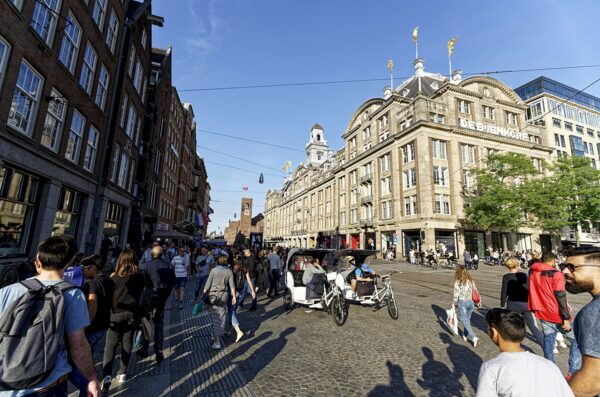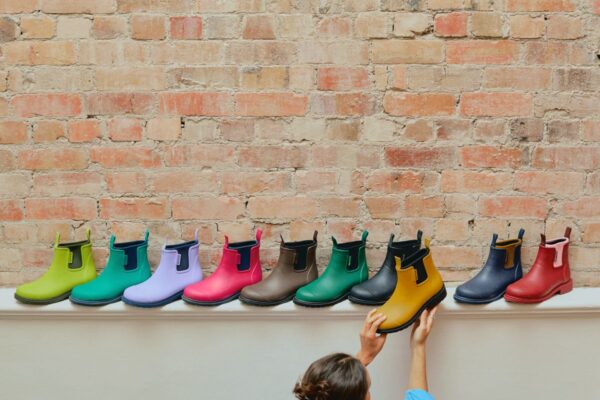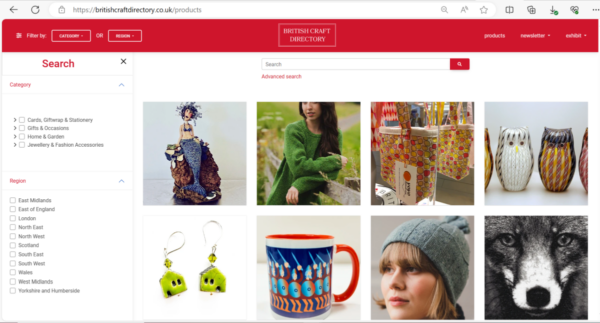 I was pleased to hear that the government is “committed to switching business rates indexation from RPI [retail prices index] to CPI [consumer prices index] from 2020”. More worrying is that legislation will be introduced “in due course”, so let’s hope these aren’t weasel words. The reform could save organisations £1 billion.
I was pleased to hear that the government is “committed to switching business rates indexation from RPI [retail prices index] to CPI [consumer prices index] from 2020”. More worrying is that legislation will be introduced “in due course”, so let’s hope these aren’t weasel words. The reform could save organisations £1 billion.
As many large department store operators struggle with surplus square footage as a result of a shift towards online shopping, it would make sense for John Lewis to consider a plan to incorporate co-working or serviced office space in its stores, as reported by Property Week.
You may not be surprised that the equivalent number of full-time jobs in retail fell by 3.3% in the second quarter of 2017 compared with the same quarter a year ago. Technology, which is both transforming the way we shop and providing increasing opportunities for automation in retail, combined with a difficult market environment and policies that have increased the cost of employing people, are driving the industry towards fewer but more productive jobs, according to BRC chief executive Helen Dickinson, who was discussing BRC retail monitor data.
 Good news: retail sales growth picked up in the year to July, exceeding expectations for minimal growth, the latest monthly CBI Distributive Trades Survey reveals. Meanwhile, the BRC/KPMG retail monitor for June showed a welcome pick-up in sales growth, particularly for non-food categories. And Springboard UK says that footfall rose by +0.5% in Q2 2017 – an improvement from a drop of -0.2% in the previous quarter – the majority of this deriving from an increase in April.
Good news: retail sales growth picked up in the year to July, exceeding expectations for minimal growth, the latest monthly CBI Distributive Trades Survey reveals. Meanwhile, the BRC/KPMG retail monitor for June showed a welcome pick-up in sales growth, particularly for non-food categories. And Springboard UK says that footfall rose by +0.5% in Q2 2017 – an improvement from a drop of -0.2% in the previous quarter – the majority of this deriving from an increase in April.
Some 61% of importers in Britain have raised prices over the past 12 months to compensate for the weaker pound, a study conducted by East & Partners for American Express reveals. Prices have been increased by an average of 9%. But every cloud has a silver lining and the pound’s fall has benefited exporters, with nine out of 10 saying they had increased their profit margins over the past year.
To nobody’s great surprise, I would guess, John Lewis has topped YouGov’s UK BrandIndex rankings, which measure the perceptions of quality, value, impression, satisfaction and reputation. The next highest placed retailer in the inaugural list was Marks & Spencer (4th), followed by Amazon (5th) and Boots (10th).
 Interesting research from Mintel shows that parents often allow their children to start buying items online before they are able to access a debit card. Indeed, more than a third who have a child aged 10 have allowed their child to spend money online in the last six months, according to the latest Children’s Online Spending Habits study.
Interesting research from Mintel shows that parents often allow their children to start buying items online before they are able to access a debit card. Indeed, more than a third who have a child aged 10 have allowed their child to spend money online in the last six months, according to the latest Children’s Online Spending Habits study.
Should we be worried? The national retail and leisure shop vacancy rate has risen for the first time after two years of gentle decline. LDC says that overall levels of openings and closures fell month-on-month in quarter two and are now at their lowest level since 2014. Service retail, leisure, convenience retail and comparison goods retail all saw a net decline in numbers in June.
Gfk reports that consumer confidence across the UK has fallen to the level last seen in the aftermath of the Brexit vote. So, because we live in challenging times, I was surprised by The Insolvency Service’s latest statistics which show that, excluding personal service companies, the estimated underlying number of company insolvencies in Q2 2017 fell to the lowest quarterly level since comparable records began in 2000. Total individual insolvencies also decreased.
Alan Monahan
















